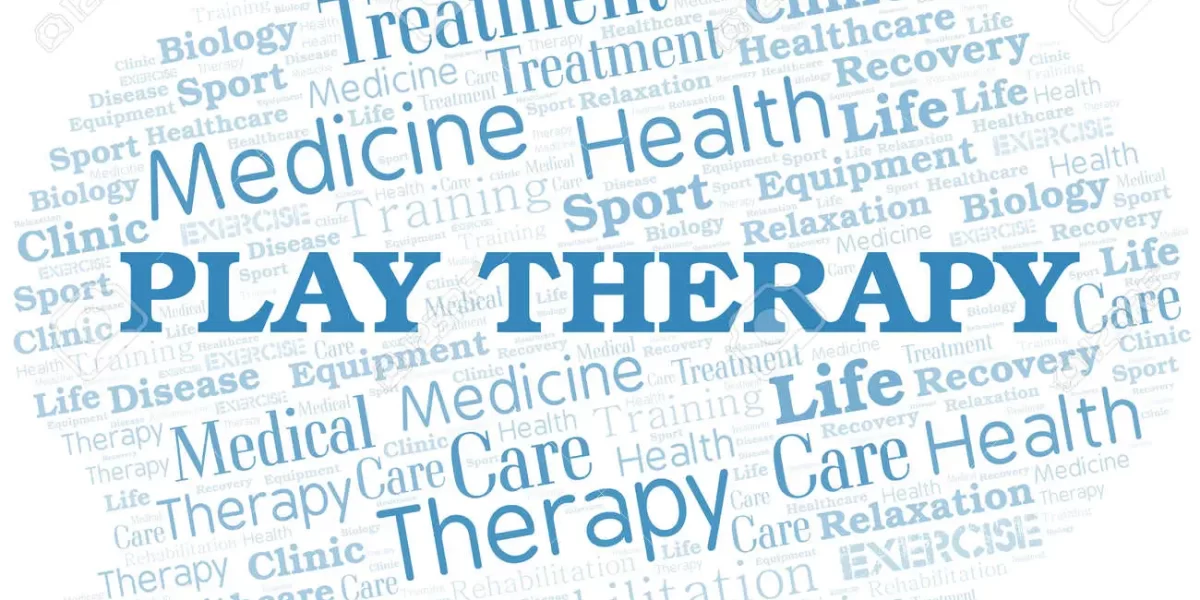Play Therapy – What? Why? & How?
I often recommend play therapy for a child who is struggling. A child might be dealing with grief, trauma or problems at school or home. Other kids are struggling with Autistic Spectrum Disorders, Asperger’s Syndrome, ADHD – Attention Deficit Hyperactivity Disorder or another diagnosis. For parents, this can be a confusing topic. Issues like, “What exactly is play therapy?”, “How will playing help my child?” and even, “I’m supposed to pay money for some adult to play with my kid? My child already knows how to play!” This article attempts to solution of those concerns, so parents can make a good choice for how to help their child.
What Play Therapy Is Not?
Play therapy is not just about somebody playing checkers, or cards, or coloring with your child. But, it may appear that way.
It’s not about distracting your child with a game so the therapist can delve deeply into how your child is feeling. But, again, it may appear that way.
Finally, it is not about fixing what parents haven’t done right. I firmly believe that parents do the best they can. Sometimes kids need specialized help, sometimes kids need to deal with someone who is less emotionally involved than a parent or friend and sometimes parents need extra advice. Play therapy can help in all these cases.
Why Play Therapy?
Play therapy is effective for the reason that kids use play to think, interact, communicate, and manage their feelings. Some kids are extremely verbal and love to discuss issues. Other kids are more action oriented. Both types of children can benefit from play therapy. Because kids’ brains aren’t yet fully developed, especially the detailed, structured, analytic skills, it’s difficult for them to deal with complex situations in an adult way. By using play therapy, a trained therapist can help guide a child to play in a way that is healing and nurturing.
How Does It Work?
Let’s begin by exploring how adults manage difficult situations and feelings. They might write in a journal, discuss with a friend or therapist, brainstorm about solutions, or even deal with it through dreams and other unconscious ways. Less effective reactions may be to ignore the problem or misuse drugs or food to cover the feelings. Some people become physically ill when they’re upset.
With children, their problem solving skills are less developed and their verbal and emotional abilities aren’t as mature. Many children will attempt to manage problems by talking to a trusted adult or friend or working it out through their natural language, which is play. Usually, this works. In cases where the issue is too big for the child and adults to manage, a play therapist can help.
A play therapist is highly trained in how to assist children in playing in a way that will help them express emotions, explore problems, learn new skills and resolve troubling situations. Depending on the style and theoretical orientation of the play therapist, the child may be given many choices of what to play with, or the therapist may closely direct activities. In both cases, the playroom toys have been carefully selected to be most useful in play therapy. Sometimes the therapist plays along with the child and sometimes acts as an observer. If any child is struggling socially or emotionally, consider finding a therapist who specializes in child therapy or play therapy as this prevents restlessness, anger, depression and temper tantrums. It also helps in developing logical and perceptual acumen, increases creativity and impulse regulation. Thus, I can accomplish this as – “Play is a child’s work and that is not a trivial pursuit” which encourages the child to analyze their conscious and subconscious motives, leading to transformation.


